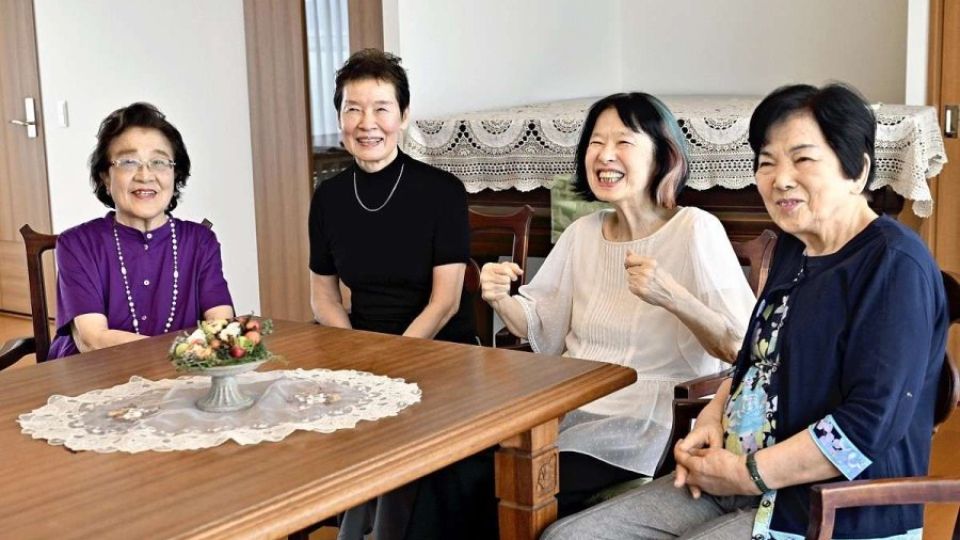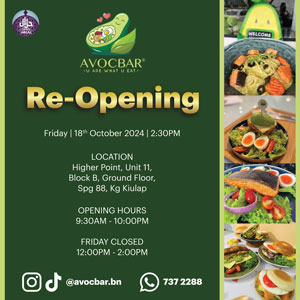AMAGASAKI (ANN/THE JAPAN NEWS) – Imagine a neighbourhood where people who live alone can reside near their friends, supporting one another as they age. This is the reality for a group of women in Amagasaki, Hyogo Prefecture, who have embraced the “Friends Living Nearby” scheme for over 16 years.
Intrigued by their enduring bond, I set off to learn the secrets behind their remarkable community.
Known as the “Koko Seven” (“Individual Seven”), this group of seven single women has created a lifestyle centred around friendship and independence within a condominium complex. When I visited, I was warmly welcomed by four of the members.
Kiku Taya, the group’s matriarch at 89, articulated their philosophy: “We’re not like family. We’re simply close neighbours. We help each other without being dependent.”
Reiko Ichikawa, 86, who lives nearby, echoed her sentiment: “We cherish our time alone as much as we enjoy each other’s company. That’s what Individual Seven embodies.”
The youngest member, Kimi Kawana, 77, and Yoshie Ichinotsubo, 79, also reside in separate units within the complex.

The Genesis of Community
The idea sprouted two decades ago when Taya, then leading a citizens’ group focused on ageing, and Ichikawa, chairing a social welfare organisation, envisioned a cooperative living arrangement for singles. They invited others who shared their vision, leading to the formation of their tight-knit group.
Through initial meetings and overnight stays, they bonded and articulated their hopes for a shared lifestyle.
“I devised a questionnaire to explore sensitive topics, such as financial capabilities,” Taya explained. They aimed for independent living spaces, each with essential amenities, but faced challenges finding suitable accommodation.
After much deliberation, they discovered a relatively affordable new condominium. By autumn 2008, four members moved in, while others settled in the vicinity, setting the stage for their unique community.
At that time, they ranged in age from 61 to 73, with a shared commitment to independence. They established clear boundaries, agreeing not to provide personal care to one another. Legal consultations ensured they were prepared for the future, signing contracts for guardianship and posthumous arrangements.
Embracing Community Life
The group also recognised the importance of community engagement. In 2009, they initiated a monthly gathering, the “salon du samedi,” attracting local residents with diverse topics and guest speakers, fostering a vibrant neighbourhood connection.
Over the years, membership has evolved. One member remained in Tokyo to care for an elderly parent, while another developed dementia, prompting the group to act swiftly to ensure her wellbeing, demonstrating their commitment to one another.
Despite the natural ebb and flow of their community, the members maintain regular communication through group emails and weekly gatherings. They share meals, participate in classes, and help one another with daily tasks, fostering a sense of security and camaraderie.
Kawana highlighted the balance they strive for: “We’re not old friends; we’ve come together to be ‘Friends Living Nearby.’ This drives our desire to stay close.” Ichikawa added, “We draw boundaries to avoid overstepping, maintaining our independence.”
Facing Future Challenges
The reality of ageing looms over the group, with members pondering the prospect of being the last one standing. “We must prepare for our final days,” Taya said. “But until then, let’s relish our long lives together.”
Researcher Ryoko Fukuzawa pointed out the appeal of communal living, emphasising the comfort and cooperation it fosters. Yet, she cautioned about the challenges posed by differing life experiences and expectations. “Tolerance is essential,” she advised, as individuals navigate the complexities of communal living.
This model of mutual support is gaining traction in other countries, such as Denmark, where the demand for “cohousing” continues to rise. Fukuzawa noted that managing the dynamics of age within these communities is crucial for sustaining such arrangements.
A Vision for the Future
The “Koko Seven” exemplifies a hopeful vision for ageing, showcasing how friendship and proximity can enrich lives. As they continue to support one another, they redefine what it means to live well in one’s later years—together, yet independently. – Yukako Oishi






